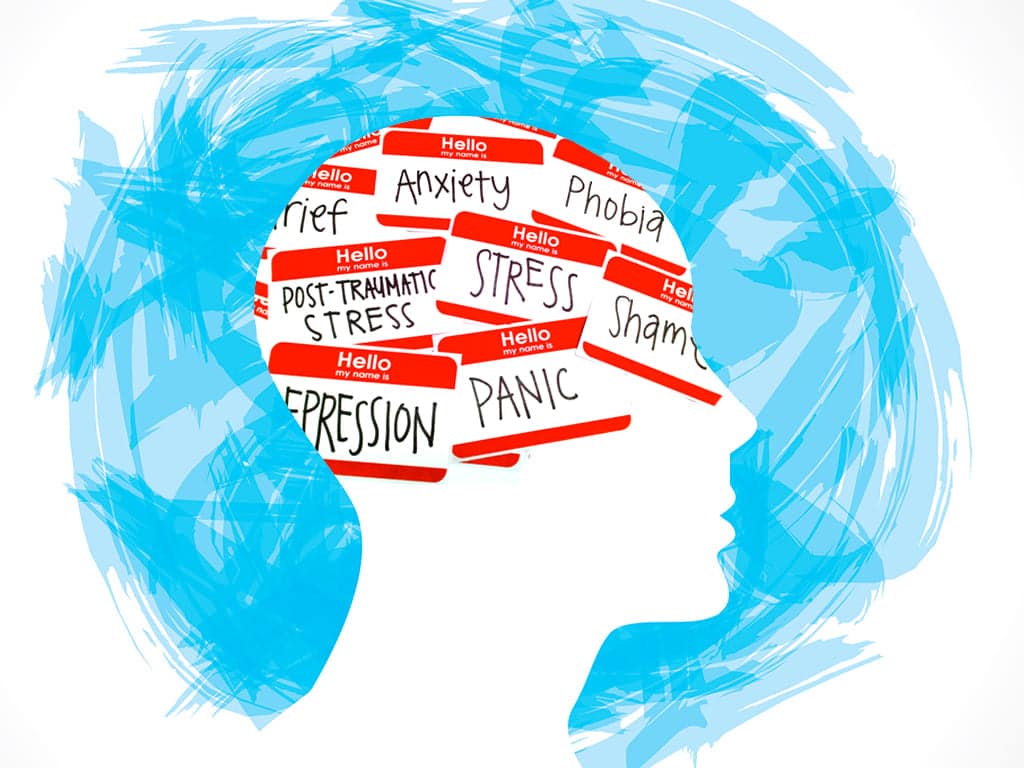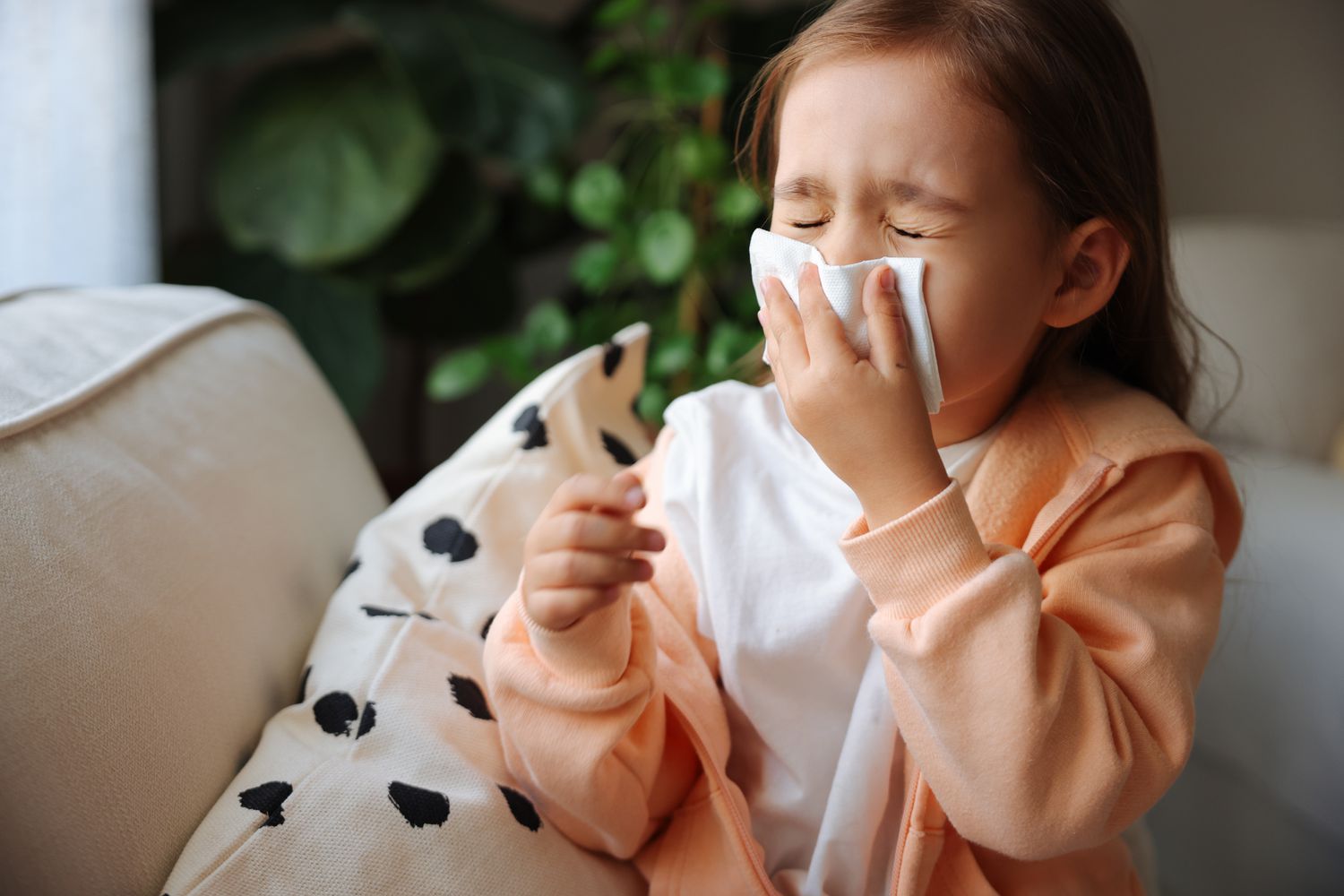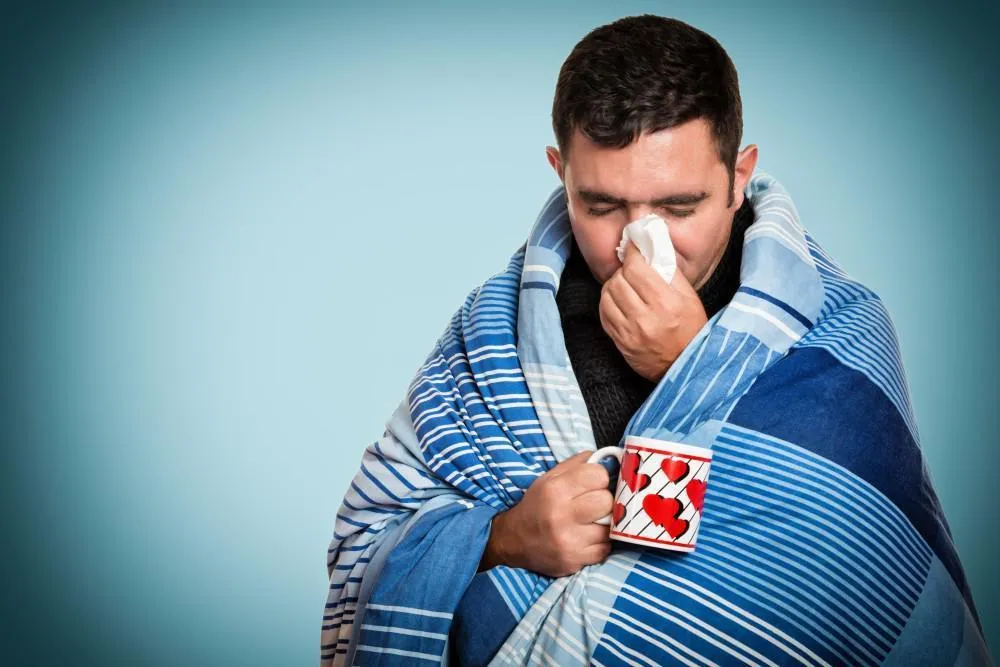What Is the Difference Between Behavioral Health and Mental Health?

While often used interchangeably, behavioral health vs mental health are distinct concepts. Mental wellness pertains to your psychological well-being, encompassing emotions, thoughts, and feelings. In contrast, behavioral well-being focuses on how these internal states manifest in your actions and behaviors. It includes a broader spectrum, including substance abuse, eating disorders, and other conditions that impact your daily life. Mental wellness is about what’s happening inside you, while behavioral well-being reflects our emotions and experiences in our actions.
Understanding this distinction is crucial for recognizing and addressing potential issues. Both behavioral vs mental health play a huge role in our lives. They determine how we feel, how we interact with others and how we solve problems.
Behavioral Health Defined
If we talk about behavioral well-being, in general words, a person can adapt to different life circumstances while maintaining cognitive balance. That is, regardless of the life problems and situations a person faces, he/she maintains adequate behavior to communicate with other people and maintain emotional stability under accepted social norms.
Among the main aspects of behavioral well-being are the ability to control and manage emotions, resolve conflicts peacefully, make informed decisions, and strive to develop healthy relationships to maintain an active life position.
Is behavioral health the same as mental health? Behavioral wellness is a comprehensive term encompassing mental wellness, psychoactive substance use problems, and the relationship between thoughts, emotions. It goes beyond just diagnosing and treating mental illness; it focuses on promoting overall well-being and preventing mental well-being crises.
Behavioral wellness considers the broader context of a person’s life, including their relationships, environment, and social factors. It recognizes that these elements significantly influence mental and emotional conditions. By addressing these interconnected aspects, behavioral health aims to empower individuals to manage life’s challenges effectively and achieve optimal well-being.
If you’re struggling with emotional or behavioral issues, visiting a behavioral health clinic can provide the support and treatment you need to improve your well-being.
Mental Health Defined
Mental health refers to a well-being state in which a person can effectively cope with everyday stresses, maintain good relationships with others, make decisions, develop and realize his or her potential.
Important components of mental well-being include stable emotional states, the ability to solve problems, adapt to change, and the ability to build and maintain healthy relationships with others. Mental wellness also includes the ability to be self-reflective, to understand and accept oneself, and to cope with negative emotions and situations. A comprehensive mental health assessment can help you make the right diagnosis and regain your motivation in life.
What is mental health? Mental well-being has a direct impact on our thoughts, actions, and feelings. Good mental wellness enables us to participate actively in different areas of life, cope effectively with stressful situations, and strengthen relationships with others. It’s more than just the absence of cognitive illness; it’s about thriving and reaching our full potential. Mental well-being is essential at every stage of life, from childhood to adulthood.
Why lifestyle is important? Have you ever noticed how mental health affects our daily lives? If a person does not have any mental wellness problems, he or she is active in life and participates in various activities. If there is poor mental wellness, the person often becomes depressed and cannot lead an active life, closes down, and does not leave the house for weeks at a time. Daily activities do not bring any joy to a person and motivation for life gradually fades and behavior directly proportional to his feelings and emotions also indicates that a person loses interest in life. In other words, behavior is the language of our mind that shows when it is bad and when it is good.
Behavioral Health vs. Mental Health: What’s the Difference?
It is quite common to see the terms mental vs behavioral health used interchangeably. However, they have two different meanings and to understand how to act in any given situation, it is necessary to understand the difference between the two concepts. Behavioral health encompasses many more concepts than mental health, which is one of its important parts.
Behavioral health encompasses a much broader range of concepts, and mental health is included in the list of those concepts. So, essentially, the way we think and the way we feel is expressed in our behavior and our actions. For instance, someone with diabetes might need behavioral well-being support to manage their diet and exercise, while someone with depression would need mental wellness support to address their emotional and psychological needs.
If we are talking about interventions that are used for behavioral health therapy, it is a weight management program, or alcohol or drug abuse therapy. Psychiatric care involves medication, psychiatric services, and specialist counseling. The set of therapeutic measures in each case is selected individually, depending on the specifics of a particular problem. Mental health treatment options are aimed at improving the patient’s condition.
What is the difference between behavioral health and mental health? Psychological wellness impacts all areas of human activity and behavior. The way we feel in a situation directly affects our behavior and reactions to the situation. That is, there is an inextricable link between our thoughts and behavior, so often behavioral and mental health are hard to identify.
Different cognitive health disorders affect a person’s behavior as well and can lead to behavioral disorders as well. In the same way, behavior also affects mental health, that is, when behavior undermines emotional well-being or contributes to the worsening of existing mental disorders. Positive behaviors, on the other hand, can improve mental health, so maintaining the right habits will come in handy.
Why is Behavioral Health Important?
What is behavioral health? It is a crucial aspect of overall well-being, as it encompasses the impact of behavior on both mental and physical well-being. A comprehensive approach is one of the most important aspects of health care, which not only addresses mental conditions like depression and anxiety but also considers behaviors that can affect one’s physical health. This holistic perspective is essential for preventing and managing chronic illnesses, enhancing quality of life, and improving outcomes.
By addressing unhealthy behaviors—such as substance abuse, poor eating habits, and lack of physical activity—behavioral well-being interventions can prevent the development of more severe conditions.
Moreover, behavioral health services are vital in managing chronic conditions. For people already diagnosed with chronic illnesses, behavioral well-being support can help with treatment adherence, lifestyle changes, and coping strategies. This is especially important as many chronic illnesses are influenced by behavioral factors; effective management often requires behavior modification alongside medical treatment. Behavioral vs mental health are inherently complementary and affect the whole person.
Additionally, behavioral health is integral to addressing the social determinants of well-being, such as economic stability, education, and social support. By incorporating behavioral well-being into primary care and public initiatives, healthcare systems can offer more comprehensive and effective care.
5 Ways to Improve Your Behavioral Health
The simplest rules of a healthy lifestyle will also help to maintain behavioral health. A person should strive for comfort and tranquility, only in this way you can put your thoughts in order and control your behavior. Unfortunately, the modern rhythm of life is far from ideal and every day a person faces different stressful situations that lead to mental vs behavioral health disorders. Sometimes men’s mental health issues go unrecognized because men do not accept their problems.
Behavioral wellness encompasses our mental, emotional, and social well-being, significantly influencing how we navigate life’s challenges. Enhancing this aspect of our lives is crucial for overall happiness and fulfillment. There are several proactive steps individuals can take to improve their behavioral well-being.
Prioritize Self-Care
Prioritizing self-care is fundamental. Regular physical activity not only benefits physical health but also acts as a potent mood enhancer. Nourishing your body with balanced meals provides the essential fuel for optimal brain function. Sufficient sleep is equally important, as it allows the mind to rest and rejuvenate.
Build Strong Connections
Building strong social connections is another cornerstone of behavioral health vs mental health. Human interaction is vital for emotional well-being. Sharing experiences, offering support, and feeling part of a community can significantly impact mental well-being positively.
Manage Stress
Mindfulness and well-being as well as stress management techniques can be powerful tools for reducing anxiety and improving focus. These practices help people get to know themselves better and follow their desires. It helps to improve mental vs behavioral health.
Seek Professional Help
Don’t hesitate to consult a mental health professional if you’re struggling. Therapy can provide valuable tools and support. Therapists and counselors offer guidance, support, and evidence-based strategies to overcome obstacles and build resilience.
Make lifestyle changes
Change your eating habits and make your menu more varied and healthier. Watch the amount of fats, carbohydrates and drink enough water because there is a connection between diet and mental health. A proper regimen will contribute to the recovery of energy, and favorably affects your mood.
Improving behavioral vs mental health is a journey, not a destination. Remember, there are some benefits of goal setting for emotional well-being.
Conclusion
Behavioral wellness encompasses a broader scope, including behaviors affecting physical and mental well-being, while mental wellness specifically focuses on emotional and psychological states. The difference between behavioral vs mental health is huge and you should know the peculiarities.
Prioritize your mental and behavioral well-being today. Seek support when needed.
















































